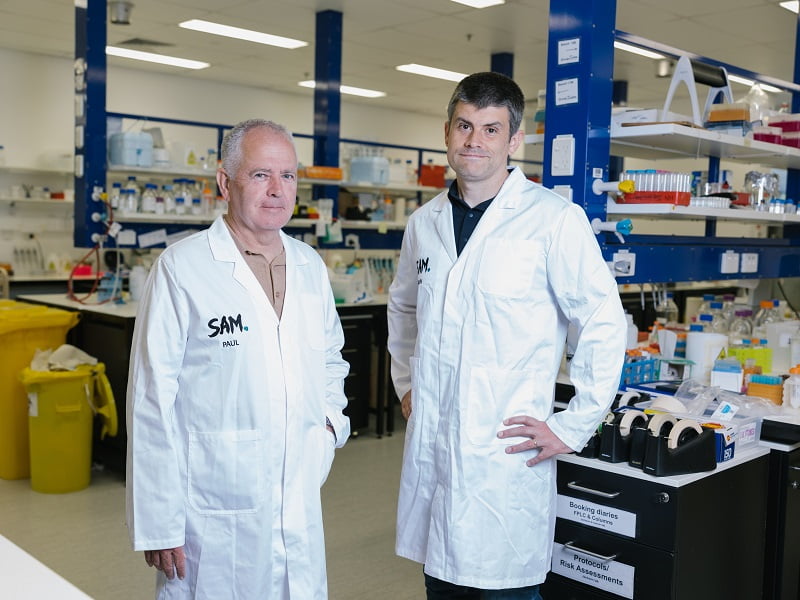The economic windfall of synthetic biology in Australia has been upgraded to $30 billion by the national science agency and its venture fund after investment flooded into research and commercialisation efforts in the last three years.
But international collaboration remains a challenge for Australia in what is a rapidly growing global market.
The CSIRO on Tuesday updated its 2021 National Synthetic Biology Roadmap, upgrading the initial projection of a $27 billion and 44,000 industry to $30 billion and 50,000 jobs.
Synthetic biology is an interdisciplinary field of science that applies engineering workflows and sophisticated genetic to create novel biological solutions.
While often associated with medical applications, synthetic biology also has applications for climate change, Defence and agriculture among others.
Since the 2021 roadmap, local startups like infinite recycler Samsara Eco, bioproduction infrastructure provider Cauldron and green hydrogen pioneer HydGene Renewables have all attracted multi-million dollar early investments.
State and federal governments have also pledged $44.5 million in synthetic biology research grants during this time to keep the pipeline full.

The largest area of investment activity in Australia’s synthetic biology sector has been in Agriculture and food applications, according to the CSIRO update, with these startups receiving $290 million of the $363 million in capital investments over the past three years.
CSIRO’s Health and Biosecurity Futures lead, Greg Williams said the capital injection has followed strong state and federal government support to get synthetic biology out of the lab and investment ready in recent years.
“Our analysis shows that Australia has continued to foster a strong synthetic biology research and development ecosystem,” he said.
“However, more still needs to be done to strengthen the ecosystem through international collaboration and domestic leadership, governance and skills.”
Australia’s opportunity for a $30 billion industry comes from the rapid expansion of the global synthetic biology market, which was $1.4 billion in 2021 but is forecast to grow almost 25 per cent annually, according to the CSIRO.
Capturing 4 per cent of the global market by 20240 would bring the $30 billion, 50,000 job global windfall, according to the update released on Tuesday.
The update says Australia has been quick to prioritise support for translating synthetic biology applications with commercial potential through research and commercialisation grants from governments.
There’s also been promising support for synthetic biology startups and shared infrastructure through incubators, biofoundries and biomanufacturing facilities.
Main Sequence Ventures, which manages the CSIRO’s innovation fund and contributed to the updated synthetic biology roadmap, has backed more than a dozen of the companies since the 2021 plan.
“Together, these companies have raised over $100 million in funding and created 135 jobs to date,” Main sequence partner Gabrielle Munzer said.
“This is only the beginning and synbio remains a largely untapped opportunity. With the right partnerships across industry, government and academia, we can accelerate the development of synbio products and solutions to provide social, environmental; and economic benefits.”
But international collaboration remains a challenge, with only a handful of global firms being lured to Australia and international research partnerships lacking, according to the update.
The national bioeconomy leadership council proposed in 2021 to advise government strategy is also yet to materialise.
“Sustained and nationally coordinated investments in synthetic biology will be critical to accelerating the commercial successes and real-world impacts of Australia’s maturing bioeconomy,” the update said.
This article has been update to clarify that most of the grant funding has not necessarily come from the federal and Victorian governments. An earlier version indicated it had based on a non-exhaustive list of grants provided in the update.
Do you know more? Contact James Riley via Email.

